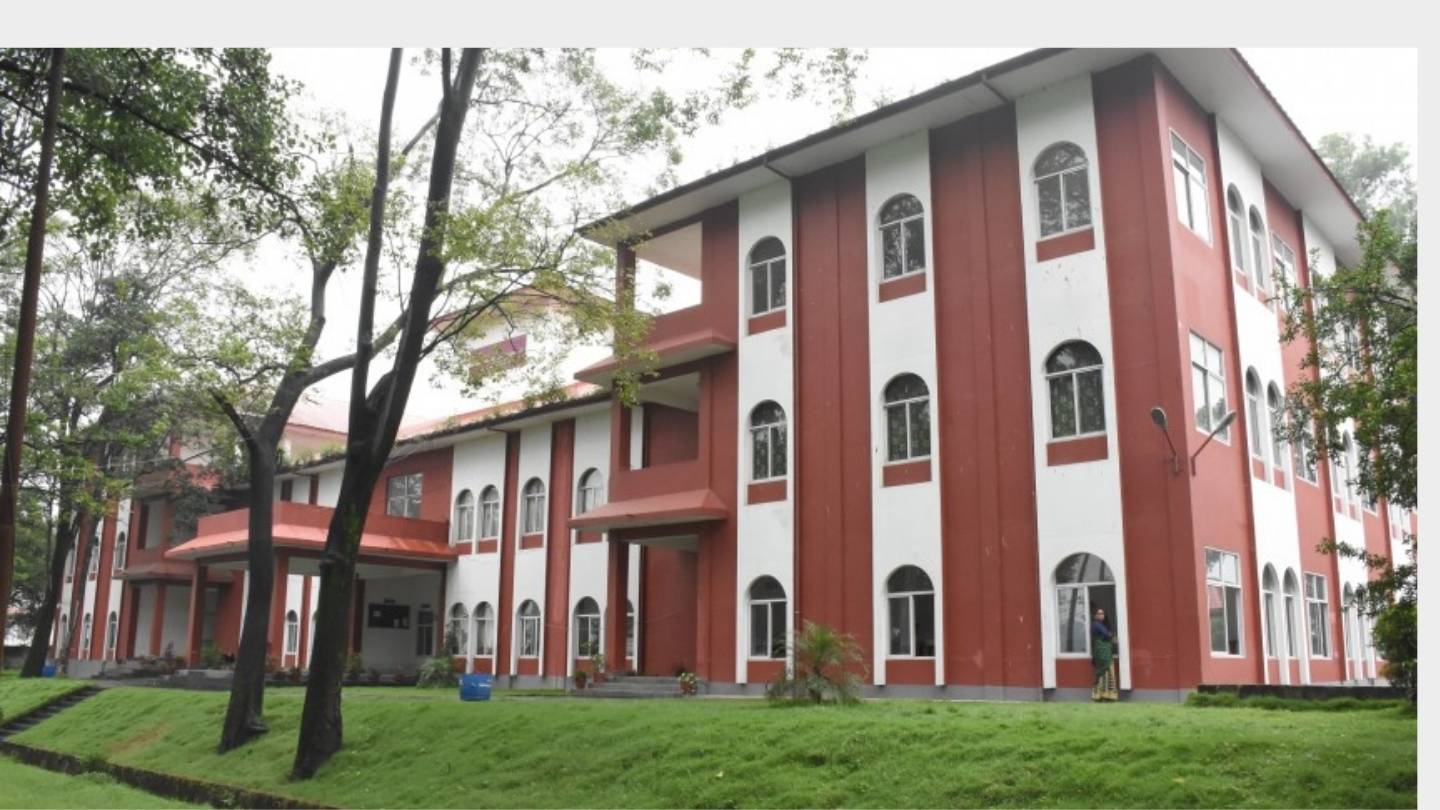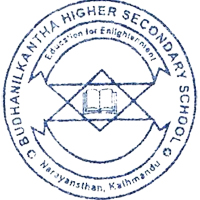Overview
B.Sc. in Microbiology at Sainik Awasiya Mahavidyalaya, Bhaktapur (TU Affiliation)
B.Sc. in Microbiology at Sainik Awasiya Mahavidyalaya, Bhaktapur (SAMB) under Tribhuvan University focuses on laboratory practice, microbial techniques, and data reporting.
The program runs from the Bachelor’s Block in Sallaghari, Bhaktapur, Nepal. Students study Microbiology, Chemistry, Zoology, and an interdisciplinary subject in the first year. Entry follows the IOST entrance test, followed by SAMB interview and medical screening. The campus policy enrolls around 60% students from Nepal Army families (serving and former) and around 40% civilians.

Highlights
-
TU-affiliated B.Sc. (Microbiology) with structured lab practice.
-
Dedicated microbiology lab with trained lab assistant oversight.
-
Internet-enabled learning spaces, reading rooms, and level-wise libraries.
-
Morning/Day campus ecosystem supporting study routines and mentoring.
-
Medical wing on campus with a resident MBBS doctor and ambulance.
Curriculum Details
Year-wise study follows TU prescriptions. Core exposure begins with Microbiology, Chemistry, and Zoology, supported by an interdisciplinary paper.
Practical hours cover media preparation, aseptic technique, pure culture methods, microscopy, staining, biochemical tests, and record-keeping.
Subsequent years move toward environmental, food, medical, and industrial microbiology, statistics for data reliability, and project-based tasks. Assessment includes internal tasks and TU board examinations.
Objectives
-
Build practical skill in microbial handling and safety.
-
Develop competence in observation, documentation, and error control.
-
Strengthen understanding of microbial ecology, physiology, genetics, and applications.
-
Prepare learners for laboratory roles and higher study (e.g., M.Sc. Microbiology).
Scope
Graduates move into laboratory-based roles across diagnostics, food and beverage quality control, pharmaceutical production support, water testing, and environmental monitoring. Many pursue postgraduate study leading to teaching, research assistance, or specialist laboratory positions.
Learning Outcomes
-
Accurate preparation and handling of media and cultures.
-
Reliable interpretation of microscopy and biochemical test results.
-
Clear lab records and basic data analysis for routine reporting.
-
Awareness of biosafety levels, waste handling, and incident response.
Skill Development Modules
-
Aseptic technique, sterilization, and contamination control.
-
Culture isolation, enumeration, and preservation.
-
Antimicrobial susceptibility testing and sensitivity reporting.
-
Applied modules in food/water testing, environmental sampling, and quality documentation.
-
Scientific writing for practical records and basic project reports.
Teaching Methodology
Faculty combine demonstrations, supervised practicals, group discussions, and short presentations. OHP-enabled classrooms, multimedia rooms, and internet-supported labs help students review concepts and present findings. Continuous checks—unit tests, assignments, and terminal exams—keep progress on track.
Admission Requirements
-
10+2 Science or equivalent with Physics, Chemistry, and Biology.
-
IOST (TU) entrance test.
-
SAMB interview and medical screening.
-
Annual intake typically opens around the first week of Mangsir.
-
Seat distribution follows the 60% Army / 40% civilian policy.
Career Opportunities
-
Laboratory technician/assistant in hospitals and diagnostic centers.
-
Quality control support in food, beverage, and pharma sectors.
-
Water and environmental testing labs.
-
Research assistance in university or project labs.
-
Pathways to postgraduate study and teaching after M.Sc.
Scholarships and Financial Aid
SAMB administers scholarships for deserving students under institutional rules. Notices specify categories, required documents, deadlines, and selection steps.
Why Choose This Course?
Clear TU framework, a dedicated microbiology lab, campus-based medical support, and structured assessment build steady laboratory confidence. The Bhaktapur location, libraries by level, and mentoring culture support daily study and practical sessions.
Conclusion
B.Sc. in Microbiology at SAMB offers a laboratory-centered route within TU standards. Students gain consistent hands-on practice, credible assessment, and campus support suitable for entry-level lab roles and further study.



